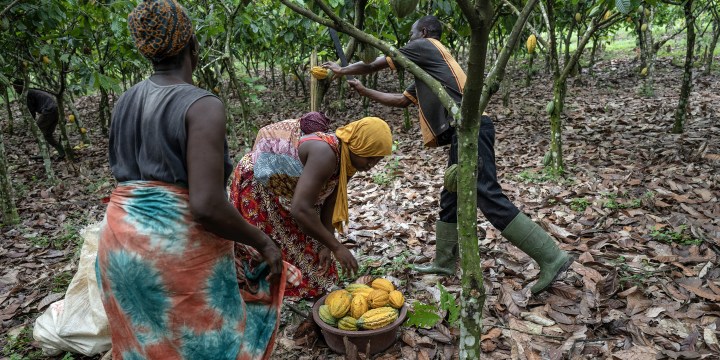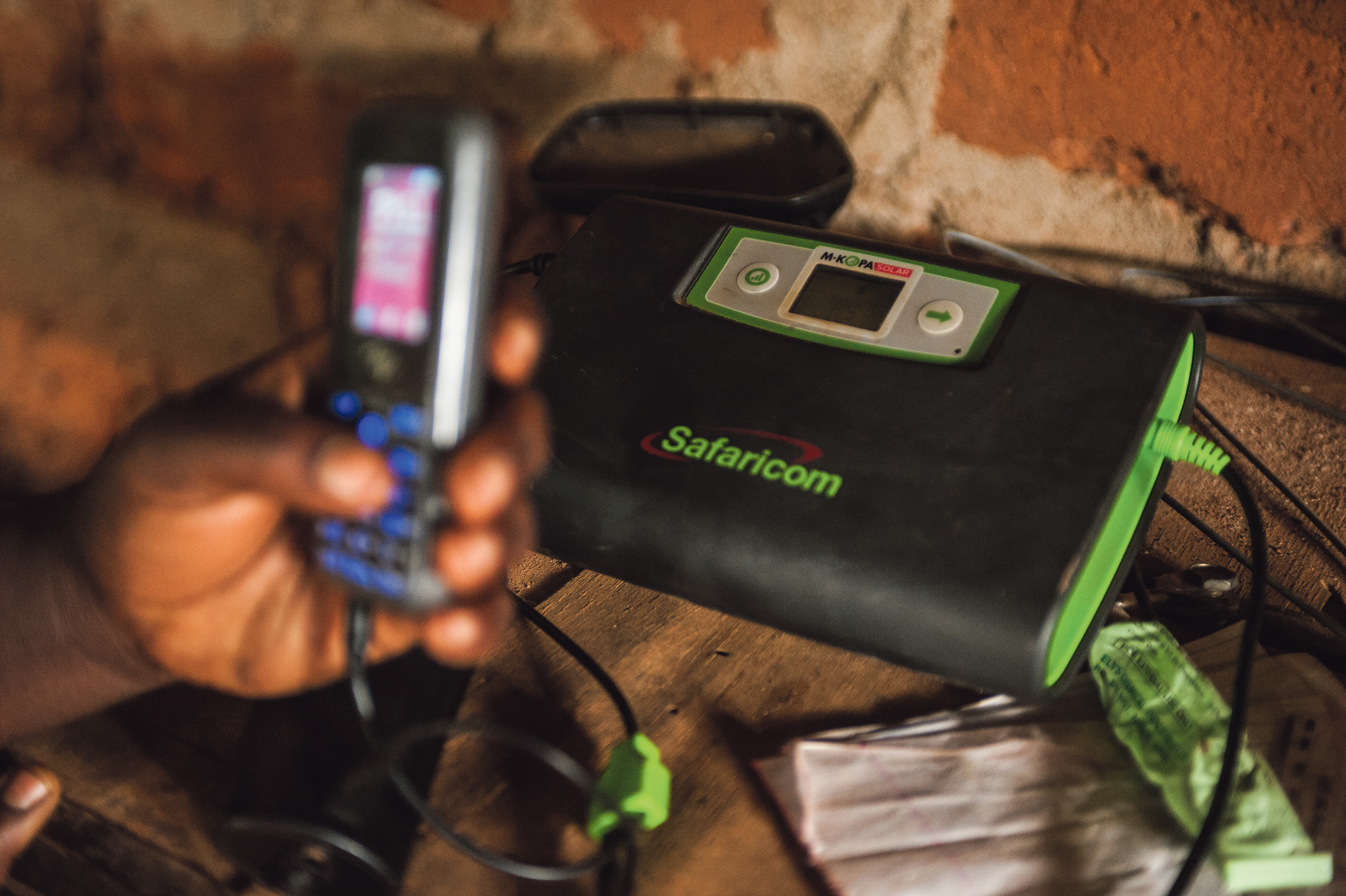THE CONVERSATION
Knowledge harvest — how the digital age can harness age-old indigenous farming traditions

In Africa, indigenous methods of working with the land are slowly being lost, but modern technologies can preserve them.
Indigenous knowledge and traditional practices have played a critical role in development all over the world. For centuries, various disciplines ranging from medicine to biodiversity conservation have drawn on these resources.
On the African continent, societies have been guided by a wide range of beliefs, norms, customs and procedures in managing their ecological and social systems.
For example, cultural values and social practices have helped communities achieve sustainable agriculture. These include traditional practices in food preservation, weather monitoring and forecasting and crop production.
Unfortunately, indigenous knowledge of agricultural practices is rapidly disappearing, because it is not being preserved. One possible solution is digitalisation. This involves using modern information and communication technologies to capture, store and share farmers’ traditional wisdom and practices.
I conducted a literature review to explore the benefits and challenges of preserving indigenous agricultural knowledge in a digital form in Africa.
I found that mobile phones, computers, cameras, scanners and voice recorders were useful tools for this purpose. But the process must involve the local communities that use these practices. They are the creators, guardians and sharers of indigenous knowledge through their lived experiences and practices.
Their participation is critical for a number of reasons. One is that they would improve the quality and accuracy of knowledge stored in digital form. Another is that they would avoid errors or misunderstandings that might arise from language or cultural barriers.
Digital technologies can enable wider use of indigenous knowledge. They can promote better management of agricultural resources and preserve traditional practices.
Read more in Daily Maverick: Move beyond war talk in battle to save rhinos — employ, empower indigenous knowledge
I also identified several challenges that hinder the process. Policy gaps, network connectivity issues and the high cost of digital tools were among them.
The findings of this study could inform policies and interventions to record and share indigenous knowledge in Africa.

Rebecca Wambua charges a cellphone using solar technology in Ndela village, Machakos County, Kenya, in July 2015. (Photo: Waldo Swiegers / Bloomberg via Getty Images)
Digitalisation: what’s missing?
Digital technologies are already widely used in Africa, particularly among smallholder farmers. They are used in irrigation farming, precision farming, drought predictions, micro-climate monitoring, and crop disease risk assessments. Efficiency, productivity and functionality are among the claimed benefits.
But my study found little evidence of indigenous agricultural knowledge being preserved. Some countries are making progress, however. South Africa has developed a system to document indigenous knowledge. Kenya, Tanzania and Uganda are also developing and using knowledge management initiatives. In Ghana, people are recording traditional knowledge of forest food and medicine.
More needs to be done.
How it could be done
Indigenous agricultural knowledge can be collected, processed, stored and shared in various formats. Technologies such as smartphones, voice recorders and video cameras can capture texts, videos, images and voice narrations about indigenous plants and traditional agricultural practices.
These could cover information on crop production systems, food preservation and livestock management. Weather and seasonal forecasting would be another area to cover. Management of resources like soil and water would also be useful to record.
The study found that databases of these practices and information could be a great resource for farmers. They could share their experiences of applying indigenous practices on various digital platforms. Other users could provide feedback.
My research also showed that the internet would be a valuable tool. Information could be shared on platforms such as Facebook, YouTube and TikTok.
Hurdles to overcome
The study identified several challenges facing the digitalisation of indigenous agricultural knowledge. Affordability of smartphones is sometimes an issue for smallholder farmers. And connectivity is sometimes poor in rural or semi-urban areas.
Governments could make strategic investments to overcome these challenges.
I argue in my paper that the application of indigenous agricultural knowledge practices could help address declining agricultural productivity on the continent.
In addition, I argue in favour of promoting indigenous knowledge of agricultural practices to address social challenges. Indigenous knowledge has a contribution to make to sustainable agricultural productivity and food systems. It also offers insights that may be useful for conserving natural resources such as water, forests and land. DM
First published by The Conversation.
Mourine Sarah Achieng is a postdoctoral fellow in the Graduate School of Business Leadership at the University of South Africa.
This story first appeared in our weekly Daily Maverick 168 newspaper, which is available countrywide for R29.
















 Become an Insider
Become an Insider
Working with Small Scale Farmers, trying to help them become both more profitable and more sustainable is what gets me out of bed in the morning. I really believe we have to move on from a “tradition knows best” mentality. So many of our traditions, across all cultures, are just no longer appropriate in our densely populated world. Agricultural systems that appeared to be sustainable when the food was consumed locally at populations of one or two people per square kilometer just don’t deliver when considerable agricultural produce is sent to urban centers and rural communities are as dense as 10 people per km2. We are going to need to use scientifically proven methods (from ALL Sciences, NOT just Biology, but Chemistry, Physics, Economics and the Social Sciences) to develop systems that actually work under current conditions. Sustainable Farming is about getting it RIGHT, not about wishing how we think we remember it in our traditions. I agree with this article that technology is a useful tool, so one of my projects is to sieve through the wishful thinking and only list links to proven ideas on a single website that, hopefully, Small Scale Farmers in Zambia will learn to know and to trust. They won’t waste expensive data on unfounded claims. Bruce Danckwerts, CHOMA, Zambia.